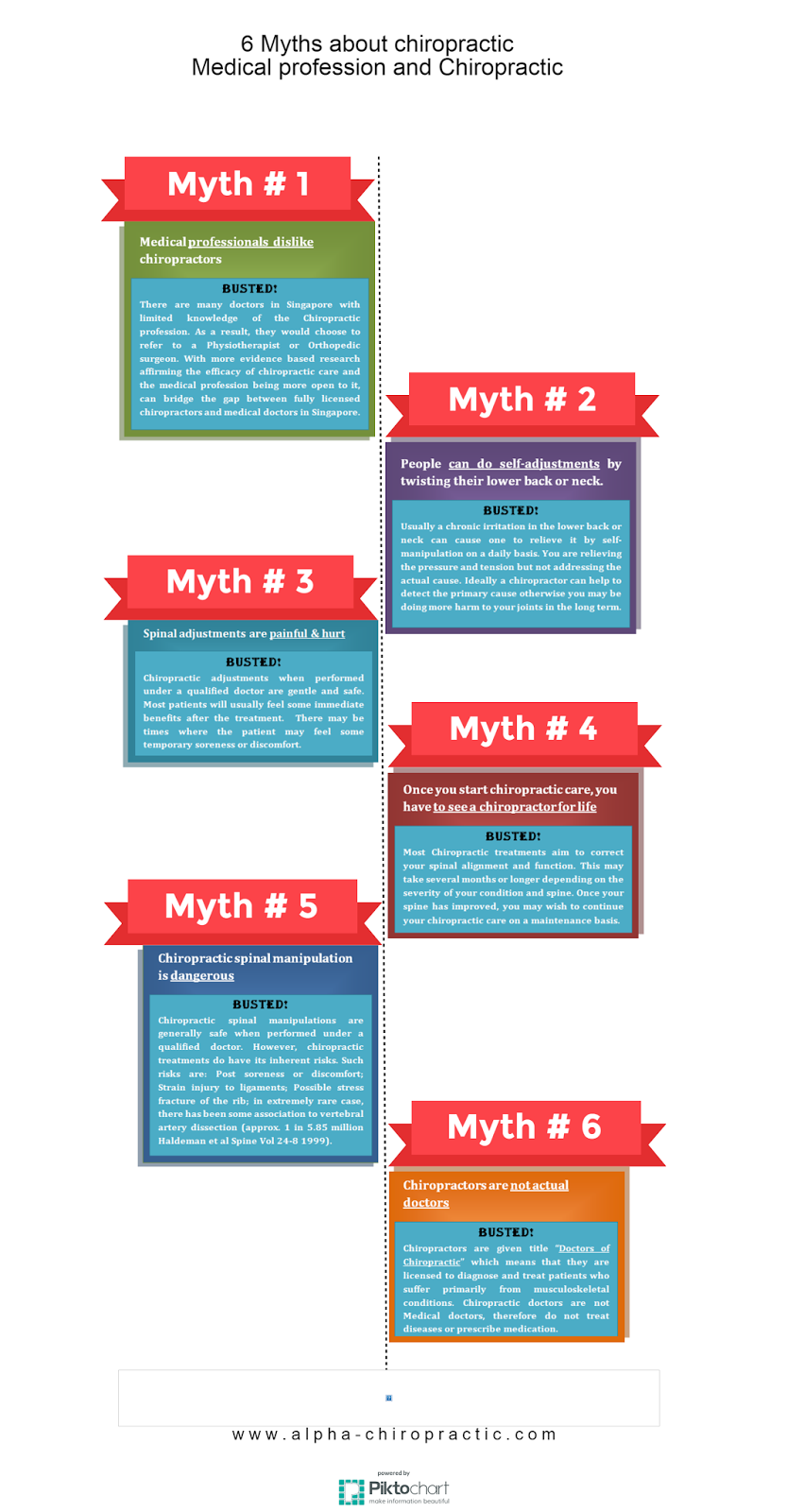The Function Of Nourishment In Pain In The Back Monitoring: Foods To Consume And Avoid
The Function Of Nourishment In Pain In The Back Monitoring: Foods To Consume And Avoid
Blog Article
Content Create By-Bond Lykke
When it involves managing your pain in the back, the food selections you make can substantially impact exactly how you feel daily. Picture being able to alleviate your discomfort simply by readjusting what you eat. By recognizing the duty of nourishment in back pain monitoring and knowing which foods to incorporate or steer clear of, you can take aggressive actions in the direction of a healthier and extra comfy way of living. The connection between nourishment and back health is more profound than you might recognize-- allow's explore how specific foods can either soothe or exacerbate your neck and back pain.
Importance of Nourishment in Neck And Back Pain
Nutrition plays an essential duty in taking care of neck and back pain. chiropractor doctor can dramatically impact swelling levels and overall discomfort levels in your back. Eating a balanced diet regimen abundant in nutrients like vitamins D and K, calcium, magnesium, and omega-3 fats can help reduce swelling and strengthen bones, which are essential for back health and wellness.
Additionally, keeping a healthy weight with correct nourishment can minimize stress and anxiety on your back, minimizing the risk of pain in the back.
Furthermore, certain nutrients like anti-oxidants discovered in fruits and vegetables can help battle oxidative tension and promote healing in the body, including the back muscle mass and spine.
On the other hand, consuming excessive amounts of processed foods, sweet beverages, and harmful fats can add to inflammation and weight gain, intensifying pain in the back.
Foods to Eat for Back Health
To support a healthy and balanced back, incorporating nutrient-rich foods into your daily meals is essential. Consisting of foods high in anti-oxidants like berries, spinach, and kale can help in reducing inflammation in your back, relieving pain and discomfort. Omega-3 fatty acids discovered in fatty fish such as salmon and mackerel have anti-inflammatory buildings that can profit your back health.
In addition, eating nuts and seeds like almonds, walnuts, and chia seeds supplies vital nutrients like magnesium and vitamin E, which sustain muscular tissue feature and minimize oxidative tension. Integrating lean healthy proteins such as hen, turkey, and tofu can assist in muscle mass repair work and maintenance, promoting a solid back.
Don't forget to consist of dairy or strengthened plant-based options for calcium to support bone health. Lastly, moisturize with plenty of water to keep your spinal discs moistened and working efficiently. By including these nutrient-dense foods in your diet regimen, you can nourish your back and support overall spinal health and wellness.
Foods to Avoid for Pain In The Back
Go with preventing refined foods high in added sugars and trans fats when seeking remedy for neck and back pain. low back pain of foods can add to inflammation in the body, which might worsen pain in the back. Say no to sciatica chiropractor , breads, and sugary drinks, along with fast food items like hamburgers, french fries, and fried poultry that are frequently filled with trans fats.
Furthermore, stay away from foods consisting of high levels of refined carbohydrates, such as white bread, pasta, and breads, as they can increase blood glucose degrees and possibly intensify swelling in the body.
It's also a good idea to limit your consumption of foods high in saturated fats, like red meat and full-fat dairy items, as they can contribute to inflammation. Processed foods like deli meats, chips, and packaged treats are usually high in hydrogenated fats and must be consumed in moderation.
Final thought
Finally, focusing on your diet regimen and making wise food options can have a significant effect on taking care of neck and back pain. By integrating nutrient-rich foods like berries, fatty fish, nuts, and lean proteins, and staying clear of processed and sweet things, you can help reduce swelling and assistance in general back wellness. Remember, what you consume plays an important role in how you really feel, so make sure to prioritize your nourishment for a healthier back.
